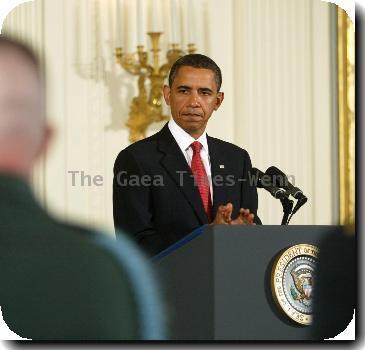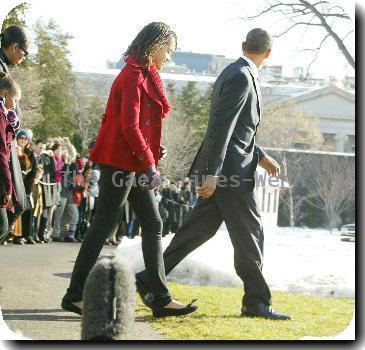Chief of UN climate panel won’t quit over mistaken warning Himalayan ice could melt by 2035
By Ashok Sharma, APSaturday, January 23, 2010
UN panel chief won’t quit for Himalayan melt error
NEW DELHI — The head of a panel of United Nations climate scientists said Saturday he would not resign despite a recent admission that a panel report warning Himalayan glaciers could be gone by 2035 was hundreds of years off.
The claim, made in the Intergovernmental Panel on Climate Change’s voluminous, Nobel-winning report, came in a paragraph with several errors. Data indicates the ice could melt by 2350. The assertion went virtually unnoticed until The Sunday Times said the projection seemed to be based on a news report.
The scientists are investigating how the forecast got into the report and apologized Thursday for the mistakes, adding that they were not intentional. But the errors have opened the door for attacks from climate change skeptics.
But Rajendra Pachauri, who heads the panel, said no action would be taken against the authors of the report and he would not resign.
“I have no intention of resigning from my position,” Pachauri said on Saturday, adding the errors were unintentional and not significant in comparison to the entire report. The mistakes also do not negate the fact that worldwide, glaciers are melting faster than ever, he said.
He added that such mistakes must be avoided because effective climate change policy depends on good, credible science. He said he is now working on the fifth IPCC assessment report dealing with sea level rise and ice sheets, oceans, clouds and carbon accounting. The report is expected by 2014.
On Sunday, the environment ministers from Brazil, South Africa, India and China are scheduled to meet in the Indian capital New Delhi to discuss how they will fight global warming. The four nations, which brokered a political accord with President Barack Obama at last month’s climate summit in Copenhagen, will play a key role in shaping a legally binding climate deal that the U.N. hopes will be completed by the end of 2010 in Mexico.
Pachauri said it was “a practical necessity” to postpone a Jan. 31 deadline set by the Copenhagen accord for developing countries to present their nonbinding carbon-curbing actions, and for rich nations to submit economy-wide emissions targets for 2020.
Tags: Asia, Atmospheric Science, Barack Obama, Climate, Copenhagen, Denmark, Earth Science, Environmental Concerns, Environmental Policy, Europe, Events, India, New Delhi, South Asia, United Nations Climate Change Conference 2009, Western Europe



